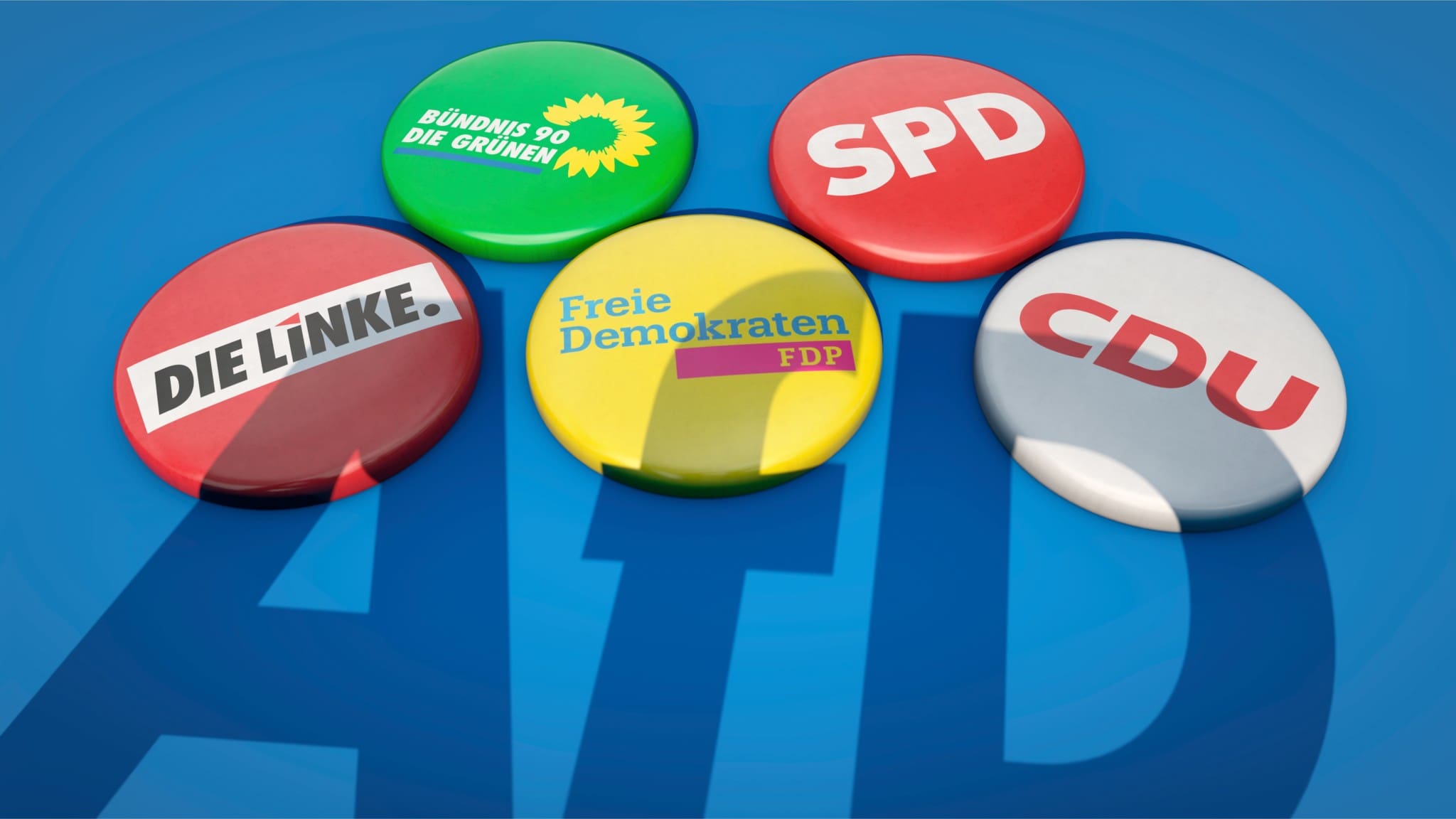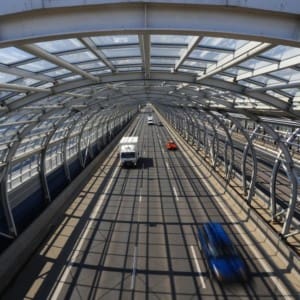The Alternative for Germany (AfD) party is more popular with voters than ever before, soaring to 20 percent of the vote in the latest Sunday poll, released every week by INSA on behalf of Bild newspaper. It has never reached this level in an INSA poll before, with the AfD’s steady weekly ascent in popularity shaking the German political establishment.
The poll shows that the AfD improved by half a percentage point compared to last week’s poll, leaving it tied with the Social Democrats (SPD) and only 6.5 points behind the Christian Democrats (CDU/CSU).
In the poll, the CDU and FDP each lost half a percentage point, bringing both parties to 26.5 and 7.5 percent, respectively.
AfD politicians celebrated the polling results, with Martin Hess posting on Twitter: “Record! In the ‘Sunday Question’ survey by the Insa Institute, our AfD comes to 20 percent nationwide. That puts us on par with the ruling SPD and only 6.5 percentage points behind the Union.”
Perhaps just as important for the AfD as its recent polling high is the increase in voter potential, or in other words, the number of voters willing to vote for the party. This figure has increased substantially year-over-year, with 30 percent of Germans now saying they could imagine voting for the AfD.
The AfD is also enjoying a huge increase in voters who will “definitely” vote for the party, with 15 percent of voters now falling into this category. This represents a doubling of this figure year-over-year and shows the party has grown its base of support.
This growth has all occurred despite constant threats of the part being banned, a virtual blackout of AfD politicians on the country’s powerful state-funded political talk shows, police raids, and mass surveillance of members.
The rise of the AfD has led to sharp debates within the country’s political and journalist class. As Remix News reported last month, AfD’s surge has likely been driven by a broad range of factors. Germany is facing a significant inflation and economic crisis, as well as a migration crisis. The INSA poll shows that 34 percent of voters describe themselves as “angry citizens” and among AfD supporters, 70 percent describe themselves that way.
“The AfD is currently catching those sections of society for whom the Union does not distinguish itself clearly enough from the traffic light coalition,” said INSA’s chief, Hermann Binkert.






